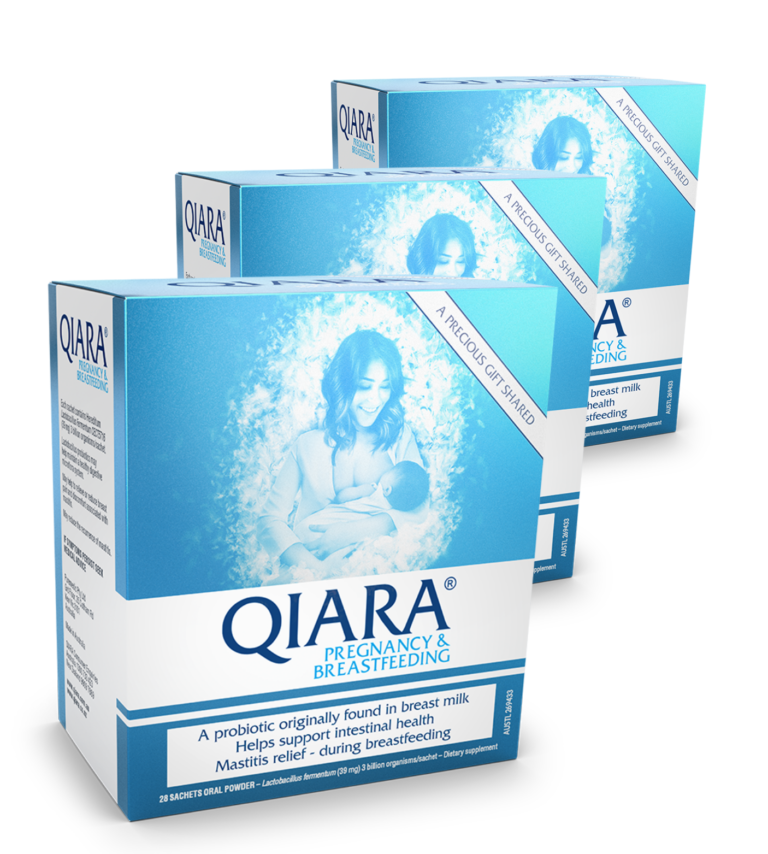
The following website compares the caffeine in instant coffee and commercial brands such as served in Starbucks, Dunkin Donuts or MacDonalds, along with teas, soft drinks and energy drinks. Strength of coffee varies widely depending on the type of coffee and the size of the serving. Hale’s Medications and Mothers’ Milk Online, 2020 states that the average cup of coffee has 100-150 mg of caffeine depending on the brand, strength and country it came from.

How much caffeine is in one cup of coffee? the age of the baby (preterm and babies under 3 months of age are likely to be more sensitive)įisher reports that maternal smoking increases the effect of caffeine in the baby 4 although LactMed states that smokers have more rapid clearance of caffeine 5.the strength and amount of the caffeine containing drinks consumed.Whether caffeine will upset a baby varies between mothers and babies, and depends on: A breastfeeding specialist can help to rule out breastfeeding related reasons for fussing in a nursing baby. However, bear in mind there can be other reasons for a breastfed baby to be fussy not just caffeine. If you drink caffeine containing drinks and your baby is sensitive to it, your baby may seem very wakeful, jittery or fussy and caffeine may cause diarrhoea in some babies 3. How do I know if caffeine is affecting my baby? The level of caffeine in breast milk usually peaks one to two hours after drinking it. The half-life in adults is about five hours.

As a baby grows older however, he can cope better with caffeine and by three to five months of age the half life is down to 14 hours and by six months the half life is 2.6 hours. Therefore excessive consumption of strong coffee every day could accumulate in a newborn baby’s body causing them to be irritable, agitated or have difficulty sleeping. It takes five half lives to eliminate a substance completely from the body, i.e. Need to look something up? Caffeine and the newborn babyĬaffeine takes a long time to clear in the newborn baby, it has a half life-time taken for half the substance to clear from the body-of 97.5 hours (up to four days).

But what if a mother drinks lots of very strong filtered coffee? This article looks at how coffee and caffeine could affect a newborn baby. Most breastfed babies will not be affected by their mother drinking a few cups of coffee each day. As with many medications, only about one per cent of the caffeine taken by a mother will enter breast milk 1. Coffee contains caffeine which is a central nervous system stimulant.


 0 kommentar(er)
0 kommentar(er)
